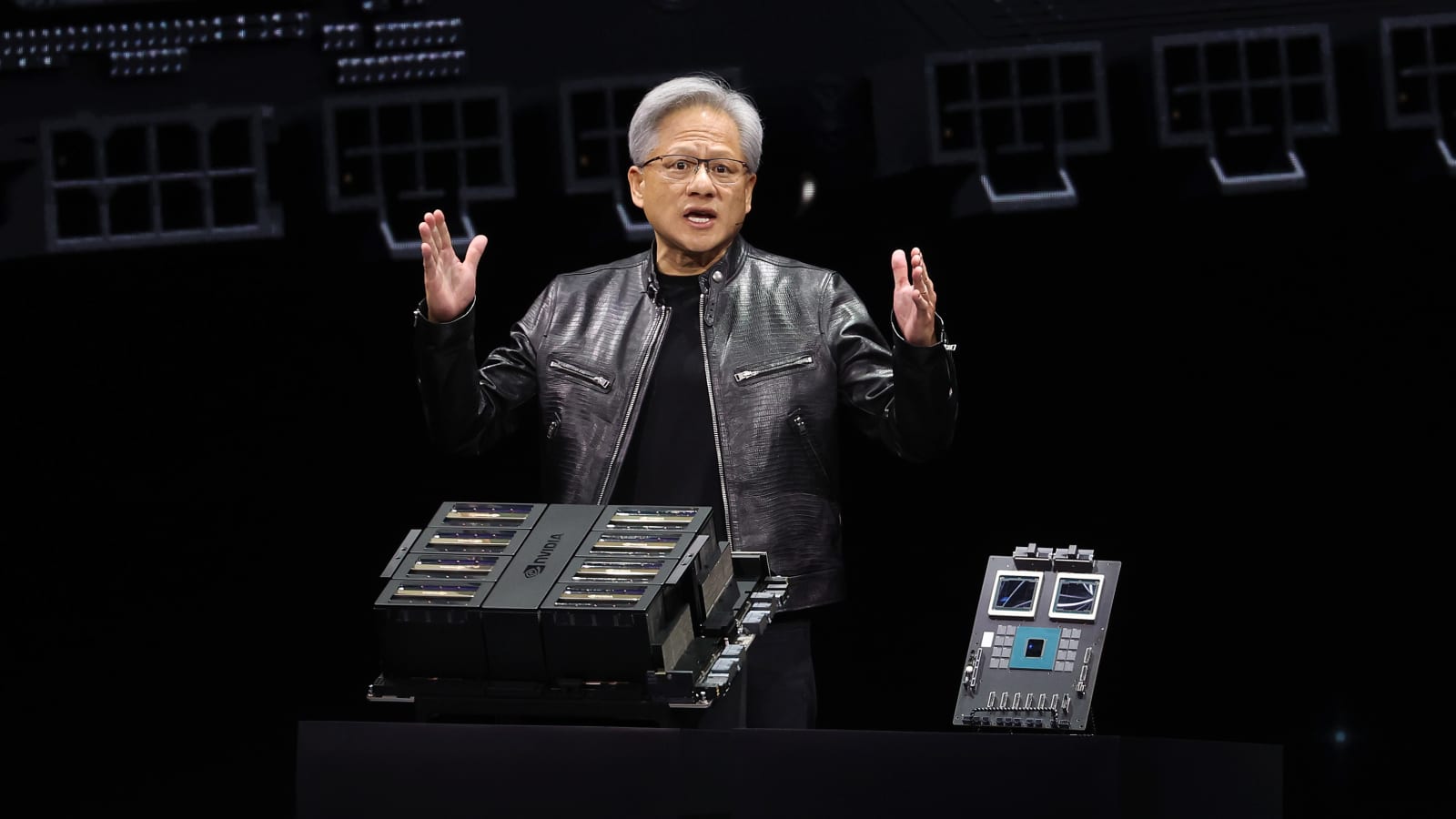Nvidia approves Samsung's 8-layer HBM3E chips

Samsung Electronics' new fifth-generation high-bandwidth memory (HBM3E) chips have passed Nvidia's tests for AI processors, a significant milestone for the South Korean tech giant. This approval is an important step for Samsung, which has struggled to keep up with competitor SK Hynix in providing advanced memory solutions for AI applications.
Although Samsung and Nvidia have yet to finalize a supply agreement, they are expected to begin shipping the approved eight-layer HBM3E chips in the fourth quarter of 2024. However, Samsung's 12-layer HBM3E chips have yet to receive Nvidia's approval.
The company has faced heat and power consumption challenges, but has made design improvements to address these issues. HBM3E chips are essential for processing large amounts of data required by complex AI systems.
As demand for such chips increases due to the generative AI boom, Samsung is aiming for HBM3E to account for 60% of its HBM sales by the end of the year. However, SK Hynix continues to lead the market with its 12-layer HBM3E chips, which it has already started shipping. Micron also plans to supply HBM3E chips to Nvidia.
Latest ram
-
16 Octram
-
07 Augram
Nvidia approves Samsung's 8-layer HBM3E chips
-
06 Augram
Samsung presents thinnest LPDDR5X DRAM
-
05 Augram
SK hynix focuses on advanced HBM chips
-
31 Julram
SK Hynix launches 60% faster GDDR7
-
28 Junram
SK Hynix accelerates HBM plan
-
17 Junram
AI boosts local chip demand in China
-
17 Junram
Samsung to launch 3D HBM chip service in 2024
Most read ram
Latest ram
-
16 Octram
Kingston takes the RAM throne in 2024
-
07 Augram
Nvidia approves Samsung's 8-layer HBM3E chips
-
06 Augram
Samsung presents thinnest LPDDR5X DRAM
-
05 Augram
SK hynix focuses on advanced HBM chips
-
31 Julram
SK Hynix launches 60% faster GDDR7
-
28 Junram
SK Hynix accelerates HBM plan
-
17 Junram
AI boosts local chip demand in China
-
17 Junram
Samsung to launch 3D HBM chip service in 2024






